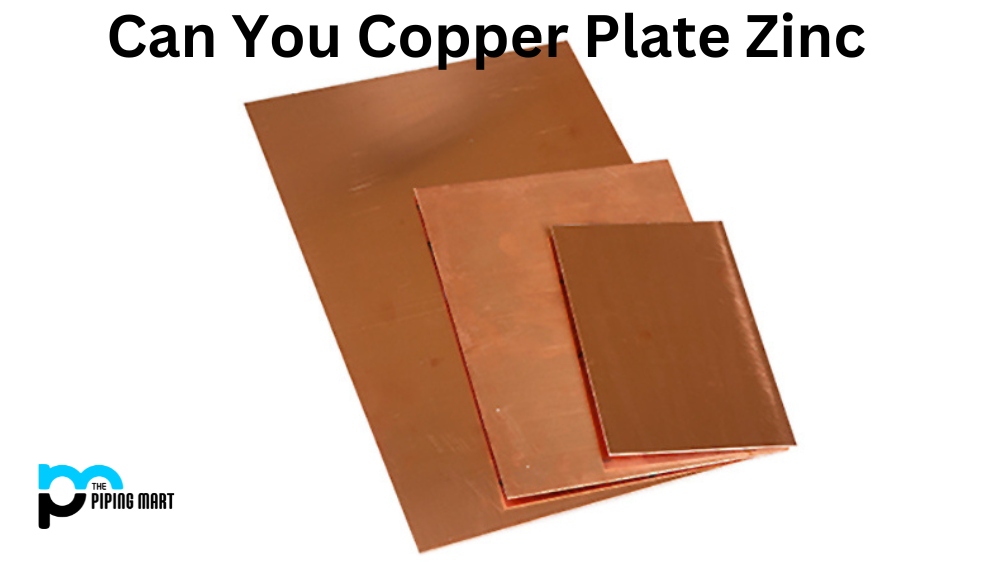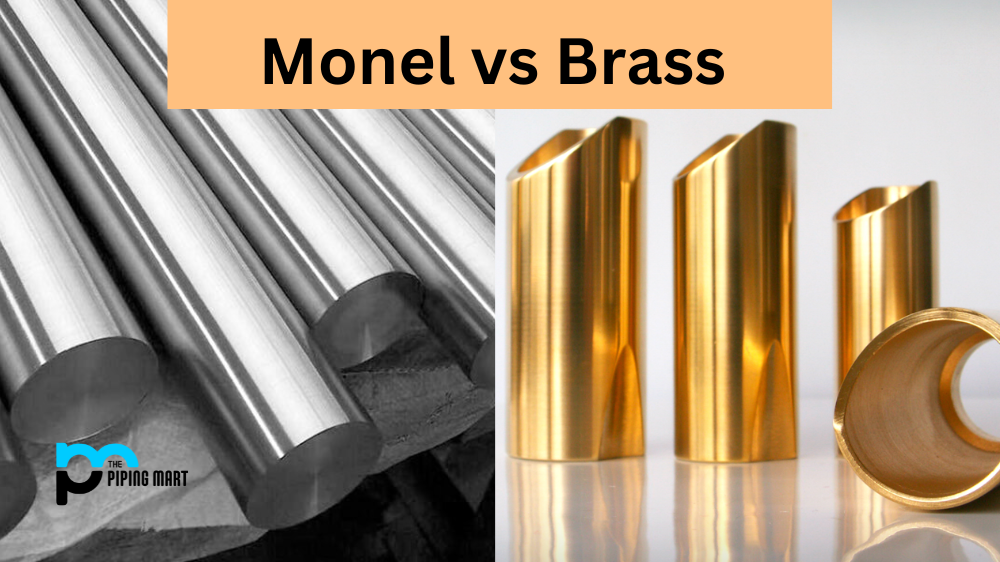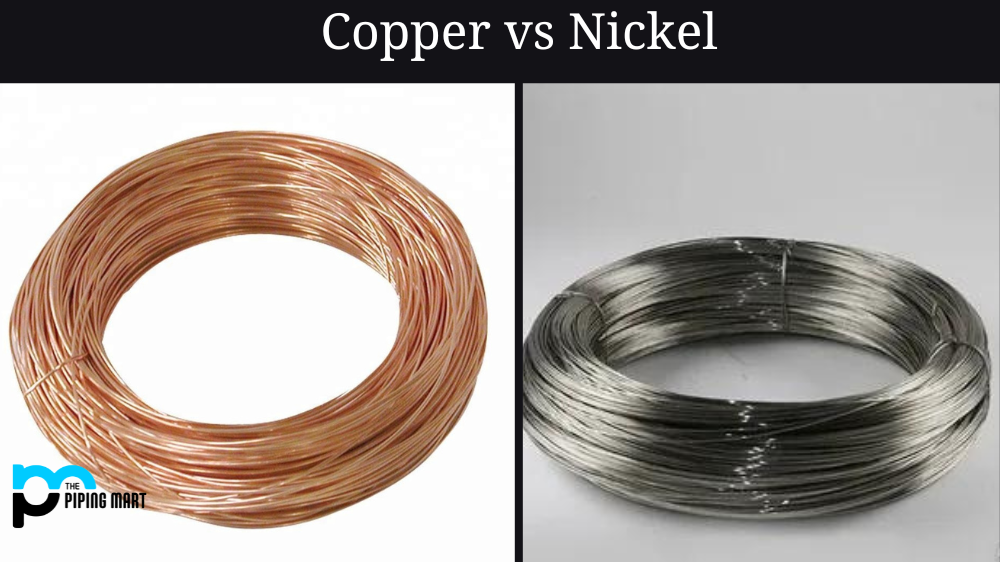Regarding cost, choosing between brass and steel can take time and effort. Both metals have their advantages and disadvantages when it comes to cost, but there are some key differences you should consider before making a final decision. In this blog post, we’ll discuss the differences between brass and steel in terms of cost so that you can make an informed choice for your project.
Cost of Raw Materials
The cost of raw materials is the first factor to consider when comparing the costs of brass vs. steel. On average, raw steel costs less than raw brass, though this will depend on the quality and type of steel or brass you are buying. While steel may be cheaper upfront, it may require more processing steps to prepare for use in your product which could add additional costs. Additionally, bulk discounts may make one metal cheaper than the other if you need large amounts of either material for your project, despite initial pricing.
Durability & Maintenance Costs
The second factor to consider when comparing the two metals is their durability and maintenance costs. Steel is generally more durable than brass and requires less maintenance over time due to its resistance to corrosion and wear and tear. This makes it a better option for applications where long-term performance matters, such as automotive parts or industrial machinery components. However, even though it is more durable than brass, steel still needs regular maintenance to keep it performing optimally over time.
On the other hand, brass is much softer than steel which means it won’t last as long in many applications but also requires less maintenance over time because it isn’t as susceptible to corrosion as steel is. This makes brass ideal for decorative applications such as door hardware or fixtures where long-term performance is less important, but appearance does matter. In these cases, the lower maintenance requirements associated with brass can offset any added costs related to purchasing higher-quality materials upfront.
Conclusion:
When considering whether to use brass or steel for your next project or application, many factors need to be considered, including the cost of raw materials, durability & maintenance requirements, and overall aesthetics desired by the customer or end user. By understanding these key differences between metals, you can make an informed decision about which metal will work best for your specific needs while providing optimal value for money spent on materials and labor involved in production & installation processes further down the line. We hope this blog post has provided some helpful insight into what type of metal may work best for your project! Good luck!
Sakshee is a talented blogger, with a particular focus on the Business and Metal Industry. She is passionate about sharing her insights on various metal products and helping professionals to make a better decisions.




